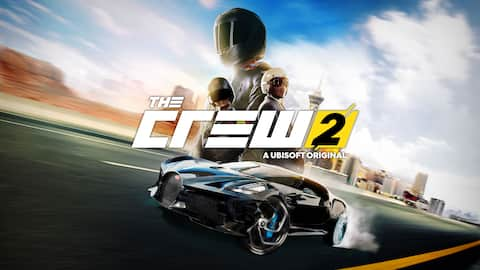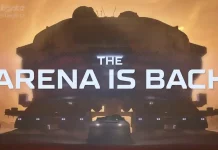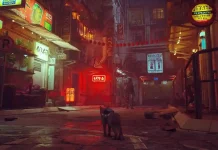Ubisoft has launched a new offline mode for its racing MMO, The Crew 2, allowing players to enjoy the game without an internet connection. This feature, called Hybrid Mode, offers a flexible way to experience the game, as detailed on Ubisoft’s official website.
Hybrid Mode grants players the freedom to choose between two ways to play The Crew 2: the traditional online experience or a newly introduced offline option. The online mode preserves the original gameplay, including multiplayer features, leaderboards, summits, and community sharing. Meanwhile, the offline mode delivers a distinct experience designed for players who want to enjoy the game without being connected to Ubisoft’s servers.
Ubisoft explains, “Whether you’re looking to preserve your progression for the future or simply enjoy the freedom of playing without a connection, Hybrid Mode ensures The Crew 2 remains accessible for years to come.”
To move progress into offline mode, players need to select “Export to Offline Save” after playing online. This action duplicates their current multiplayer progress and saves it locally on their PC or console. However, Ubisoft clarifies that online and offline saves operate separately; progress made offline will not sync back to the online version. Players can update their offline save anytime by exporting from their online save again.
One limitation is that custom liveries will not transfer to offline saves.
The announcement of this offline mode comes after Ubisoft shut down the original The Crew game in March 2024. The closure left many players disappointed, as the game was no longer playable—even in solo mode—despite having been purchased. This raised concerns about The Crew 2 facing a similar fate.
In response, Ubisoft assured fans, “We heard your concerns about access to The Crew games. Today, we want to express our commitment to the future of The Crew 2 and The Crew Motorfest. We can confirm an offline mode to ensure long-term access to both titles.”
Following the shutdown, Ubisoft faced a lawsuit from players. The publisher defended its position by stating that purchasing a game grants only a limited license to access it, not full ownership rights.




